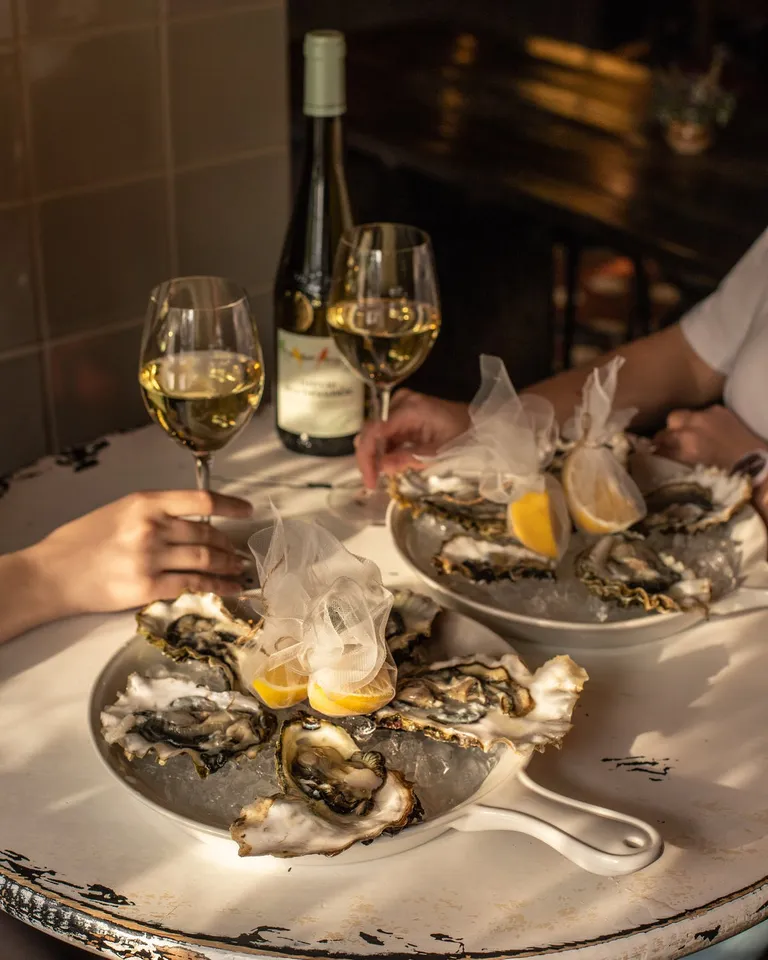George Carson, owner of New York’s renowned restaurant, The Kettle of Fish, stumbled upon a shocking discovery one night. Consuelo Ruiz, a cleaner, was scraping leftovers from customer plates into a plastic bag. George’s initial outrage soon turned to curiosity.
He followed Consuelo, discovering she was feeding her four children in an abandoned factory. The harsh reality of her situation struck George – a thin, drawn face, struggling to make ends meet.

The next day, George confronted his manager, Colt Farrow, about the incident and the restaurant’s leftover food policy. Farrow’s attempts to deflect blame were met with George’s stern accusations of exploitation.
George revealed that Consuelo’s meager salary was a fraction of the budgeted amount, with Farrow pocketing the difference. Disgusted, George fired Farrow on the spot.

Then, he called Consuelo, offering her a salary increase, contract and a small apartment on the premises. Overcome with emotion, Consuelo asked why George was helping them.

His response echoed the true American Dream: “Someone helped my grandfather when he arrived with nothing. I’m paying it forward.” George’s kindness transformed Consuelo’s life, reminding us that compassion can thrive in unexpected places.

As George reflected on his grandfather’s journey, he ensured Consuelo’s children would never go hungry again. This selfless act redefined the meaning of success for George, weaving a tale of humanity and generosity in the unlikeliest of settings – a prestigious restaurant’s kitchen.


